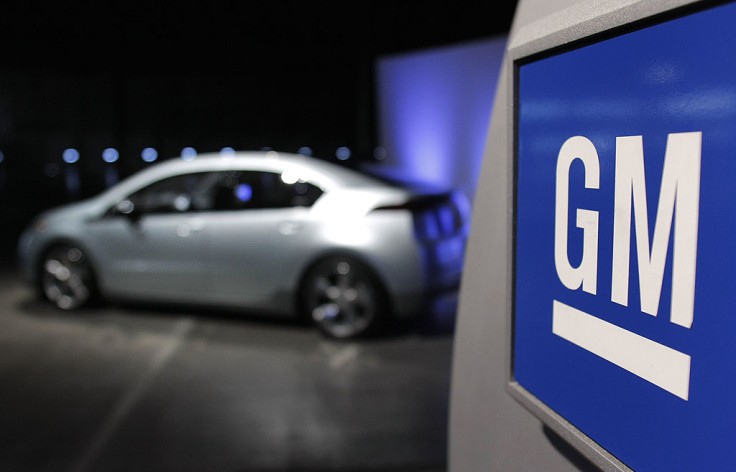General Motors has agreed to pay a $146 million penalty fine after failing to comply with excess carbon emission concerns over its older vehicles.
The settlement fine was after the Environmental Protection Agency found excess carbon across 5.9 million car models from 2012 to 2018, including its popular SUVs under its Chevrolet and Cadillac brands.

The agency claimed it identified 10% more carbon emissions than General Motors' earlier compliance reports and window sticker numbers.
The fines will be in addition to General Motors surrendering 50 million metric tons of greenhouse gas credits from the EPA and another 30.6 million gas mileage credits to the EPA.
Despite the fines, General Motors maintained that the company has not admitted to any wrongdoings, including potential violations to the Clean Air Act, spokesperson Bill Grotz told The Washington Post.
US Intensifies Crackdowns on CO2 Reduction
Over the past years, the US government has been noticeably tightening its enforcement around carbon emission reduction as the White House steps up actions to address climate concerns.
Just this March, President Joe Biden passed new tailpipe emission rules estimated to cut down 7 billion tons of carbon dioxide for new passenger cars and light-duty trucks.
The emission requirements are set to complement the administration's earlier policies towards transitioning to zero-carbon emission electric and hybrid vehicles, as well as clean energy investments under the Inflation Reduction Act.
In turn, the EPA has also intensified its compliance investigations following Volkswagen's "Dieselgate" scandal in 2019 where the German manufacturer was caught cheating emission tests affecting 11 million cars worldwide.
The carmaker was fined nearly $25 billion but relatively got away with other penalties.
Related Article : Sustainable AI: What Tech Companies Need to Achieve Net Zero Goals
Carmakers Struggle Complying with US Carbon Emission Requirements
Rather than an isolated case, the findings on General Motors reflect the car industry's growing struggles in complying with the new US carbon emission rules as the EV hype slowly dies down.
CNBC News earlier reported how several automakers, including General Motors and Volkswagen, have either delayed or scaled back EV projects amid market uncertainties.
More car dealers have also been reported complaining about the administration pushing its transition goals too quickly and "way too far."
The Biden administration has since eased its EV transition targets but claimed to still push for significant cutdowns in carbon emissions by 2030.









